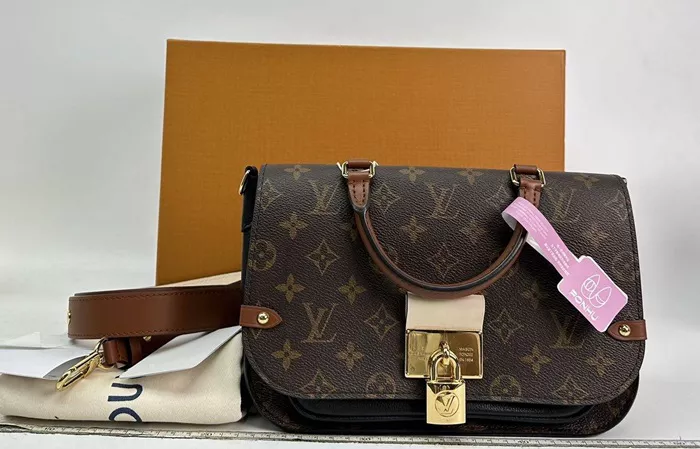If you’ve logged onto TikTok in recent days, you may have seen these videos. Some claiming to be from China are fighting back against US President Donald Trump’s tariffs and claiming they are revealing which factories make “luxury goods” and where consumers can buy them cheaper.
Brands exposed include Lululemon, Hermes and Dior. On the other hand, some videos sell laundry pods for 5 cents each.
The US has imposed tariffs of 145% on China, and China has hit back with tariffs of 125%.
But New Zealand consumers are being told to be wary of some of the claims on social media.
Chris Wilkinson, managing director of First Retail Group, said many of the videos may be promoting counterfeit products that have always existed.
“I don’t think this is true because luxury brands are very tightly controlled and often incorporate components from multiple suppliers, including those from outside China, into their products, so it’s unlikely that a single supplier would say they can sell directly.”
He said Chinese manufacturers are good at copying products and have been doing so for years.
“With the help of technology, their copying skills are only getting better. The key difference is the materials and manufacturing processes, which often lack the quality and durability of the originals.”
“We are likely to see a lot of this kind of marketing, and I believe many consumers will believe these claims.”
Massey University marketing expert Bodo Long said Trump’s tariffs may reduce demand for Chinese-made products, and many “Western” brands that produce in China are worried that sales may fall.
But he said that despite the posters suggesting that some people have legalized counterfeit goods to fight back against the United States. “On the contrary, official reports show that the Chinese government has stepped up its crackdown on counterfeit goods over the past decade.”
“Chinese influencers … have clear motivations for promoting this content on TikTok. Their goal is to maximize views, increase followers, and profit from it. By posting surprising, unexpected and controversial content, they are able to boost their followers and, therefore, their profits. Videos on TikTok that claim that the Chinese government has legalized counterfeit products fall into this category. Many consumers will be surprised by this information, and many will be tempted by what looks like a good deal.
The role of Chinese manufacturers is more ambiguous. Smaller manufacturers stand to profit greatly from the growing sales of counterfeit products, especially in lucrative online markets. However, large, reputable manufacturers are unlikely to openly admit to producing counterfeit products. This is because there are huge risks in this strategy, starting with the possibility of losing contracts with Western luxury brands.
Some videos direct viewers to other Chinese online marketplaces such as Taobao.
TikTok, he said, is a popular platform for Chinese consumers to buy fake goods. The biggest winners of the craze are the people who post the videos.
They are after a bigger audience and bigger profits. The official position of the Chinese government also seems to be clear that they have not yet legalized counterfeit products. Large, well-known Chinese manufacturers that produce Western luxury goods are unlikely to participate in the production of these TikTok videos due to the associated risks. But smaller, less well-known manufacturers – especially those that do not produce authentic Western luxury goods – are likely to join the TikTok trend. They and the Internet celebrities will benefit the most from these popular videos.

